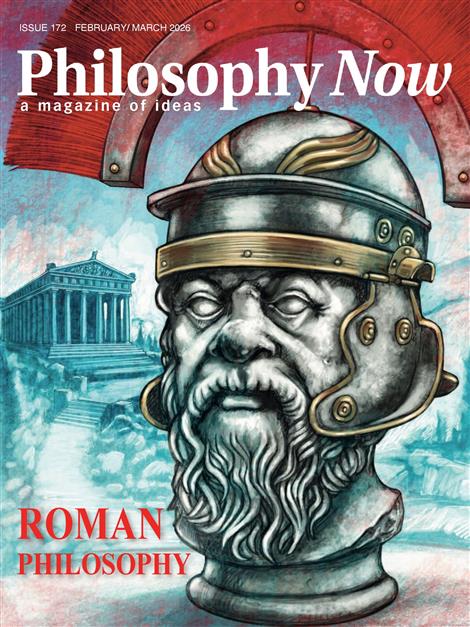


Rescuing Mind from the Machines
Vincent J. Carchidi agrees with Descartes and friends that our ability to use language creatively distinguishes our minds from computers.
Welcome to the Civilization of the Liar’s Paradox
Slavoj Žižek uncovers political paradoxes of lying. Some truths about lies.
Rescuing Mind from the Machines
Vincent J. Carchidi agrees with Descartes and friends that our ability to use language creatively distinguishes our minds from computers.
Welcome to the Civilization of the Liar’s Paradox
Slavoj Žižek uncovers political paradoxes of lying. Some truths about lies.
